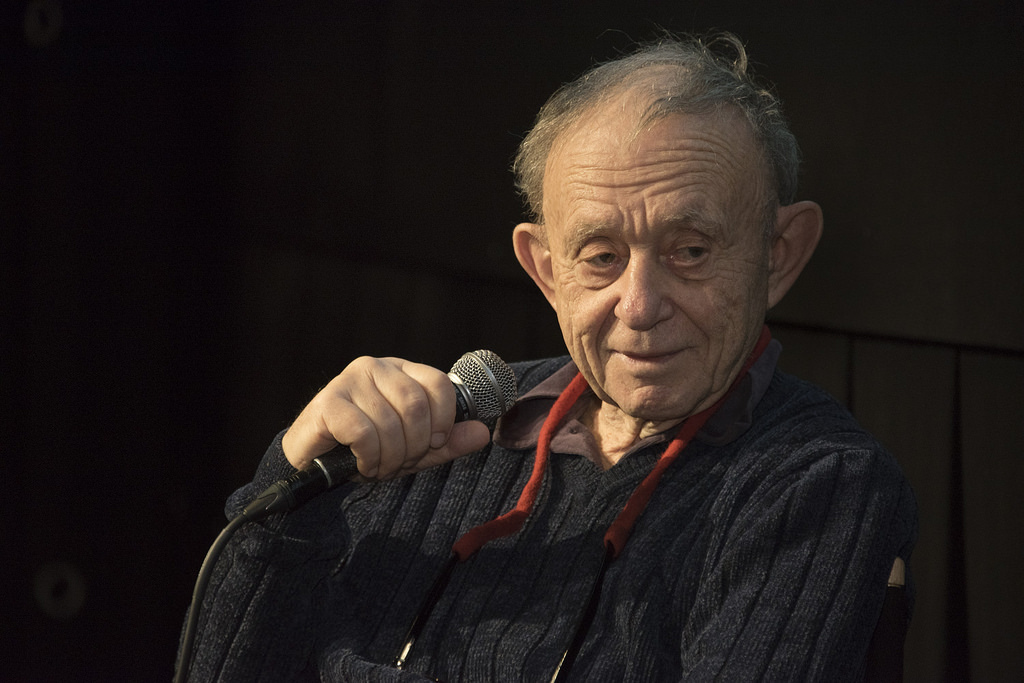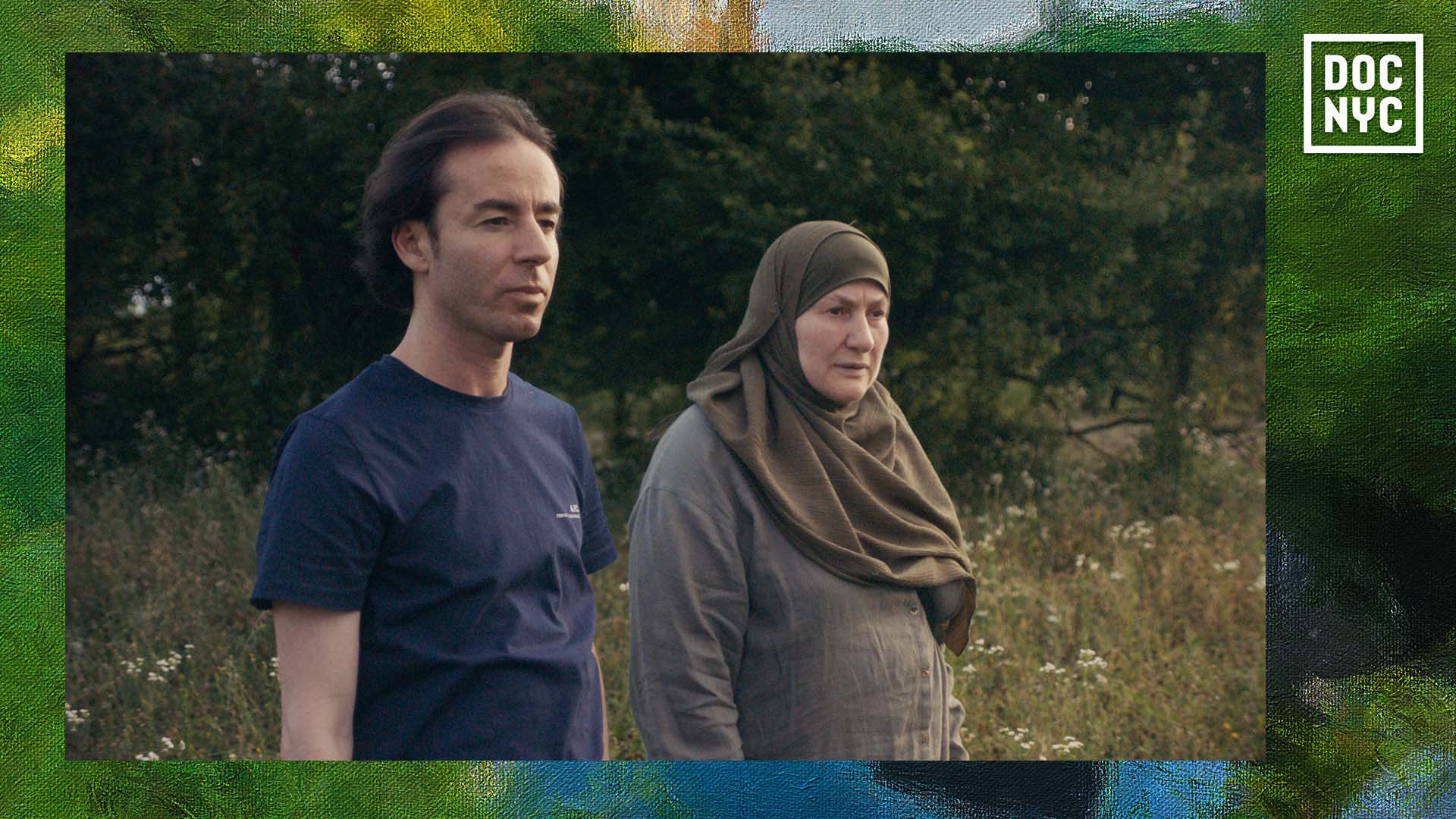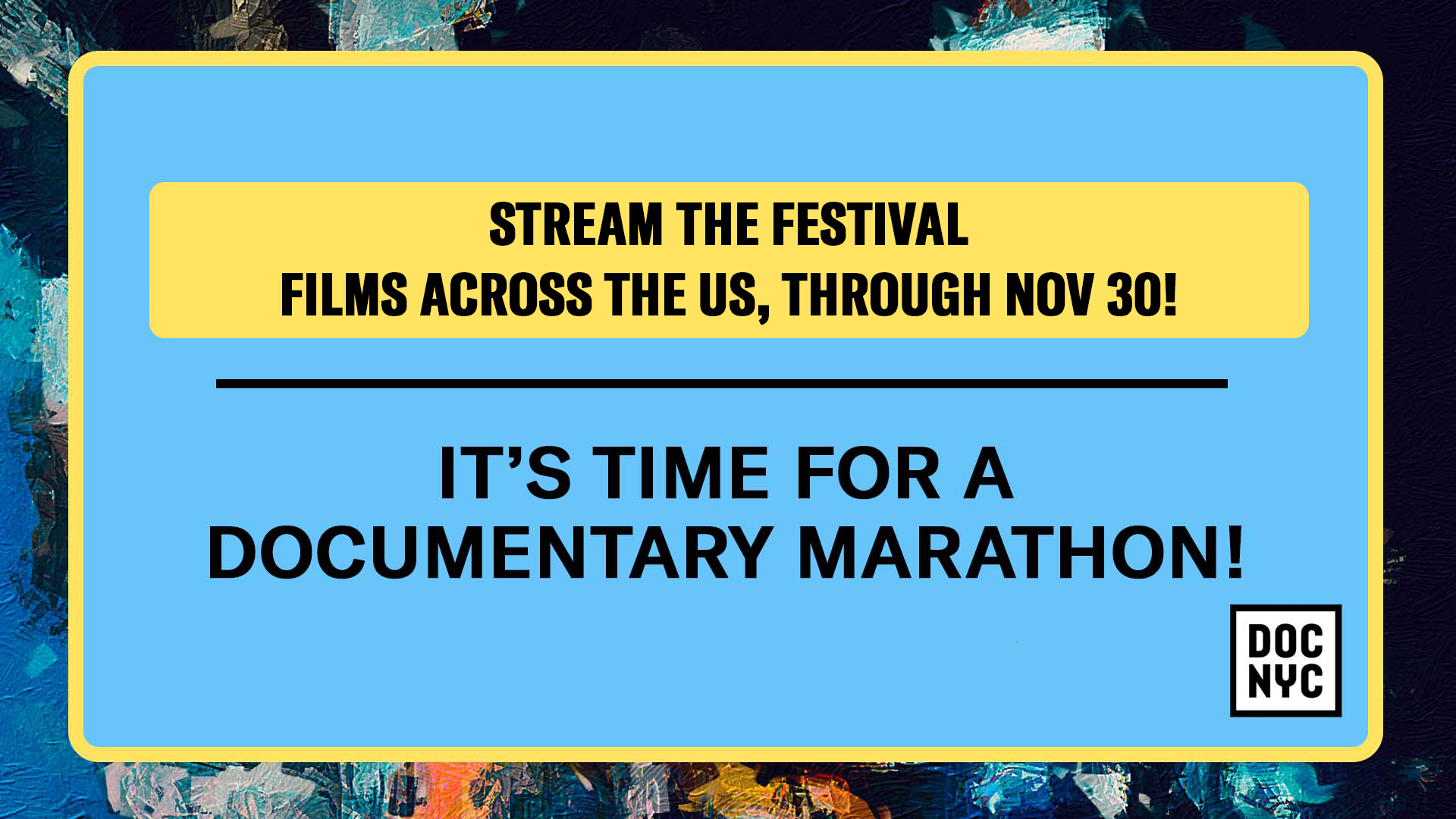High School Flashbacks at DOC NYC


Written by Jenna Belhumeur
At Tuesday afternoon’s screening of High School, the 1968 film directed by renowned documentarian Frederick Wiseman, audience members revisited a classic exploration of an American institution. High School was his second film after Titicut Follies, a film that exposed life inside a prison for the insane. Wiseman is now an impressive 47 years into his project of exploring the franchise of institutions, and appeared onstage at DOC NYC talk about the message behind his time-capsule style of film making and answer questions about his filming and editing techniques.
Wiseman began making documentary films in 1966, right when the portable equipment necessary for the genre became available. When asked about the reception of his film by its subjects, the director revealed that not everyone was happy with Wiseman’s portrayal. There was the threat of a lawsuit by teachers who called the film a “middle-class debunking film.”
In the film, Northeast Philadelphia High School is meant to portray the universal American experience in a quintessential way. French class, gym, parent-teacher meetings, fruitless attempts to evade detention, hall passes, dress-code violations, sex-ed presentations, career counselors – virtually every element ingrained into the high-school experience receives attention in the film. Wiseman’s genuine snapshots of student life complete with typewriting classes, Simon and Garfunkel, and skirt-suit wearing teachers commenting on a student’s fat legs, provide an invaluable asset to our historical and social understanding of the late 1960’s. The use of extreme close-ups and a calculated attention to detail that reveal the school’s homogenous population of polished, white, middle-class students further elevate the film’s impact.
“Morally and socially the school is a garbage can,” said one of the school’s 12 black students in a particularly striking scene.
Besides racial relations, other touchy subjects are elegantly hinted at throughout the film via rhetorical devices and structural editing in a way that allows viewers to form their own opinions. In terms of the filmmaking process, Wiseman said during the Q&A that he shoots to just accumulate footage, and that even he has no idea what themes will reveal themselves in his documentaries until he is well into the editing process.
He then lays down two paths in his films: the literal and the abstract. While the literal is simply a manifestation of words and actions, the abstract path allows viewers to infer what Wiseman is suggesting through the sequences and the order that they are shown.
Simply put, the nature of Wiseman’s films let people draw their own conclusions. He hopes that his documentaries allow viewers to form a complex analysis of the time periods during which they take place.
For more about High School, visit the film page on the DOC NYC website.
Jenna Belhumeur is a current student at Columbia’s Graduate School of Journalism. After graduating from UCLA in 2013, she moved to Thailand for 8 months to teach English and backpack around other countries in Southeast Asia. After Columbia, Jenna hopes to become an internationally based reporter for a major broadcast network or pursue long-form documentary production. Follow her on Twitter @jenna_bel and on Instagram @jennabel




